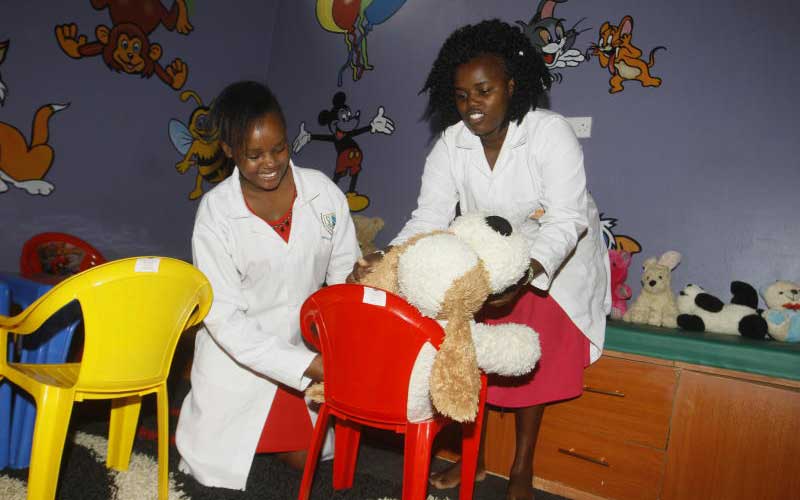×
The Standard e-Paper
Home To Bold Columnists

There is no distinct label on the door or signs that lead to the Gender Violence Recovery Centre (GVRC) at the Makueni County Referral Hospital. It blends well with other buildings, and doctors say most people at the hospital rarely notice activities around the centre.
This is by design, as they do not want to attract unnecessary attention. The centre does not have many rooms, but it carries tales of people across all ages who have been victims of gender violence and had the courage to seek medical help.